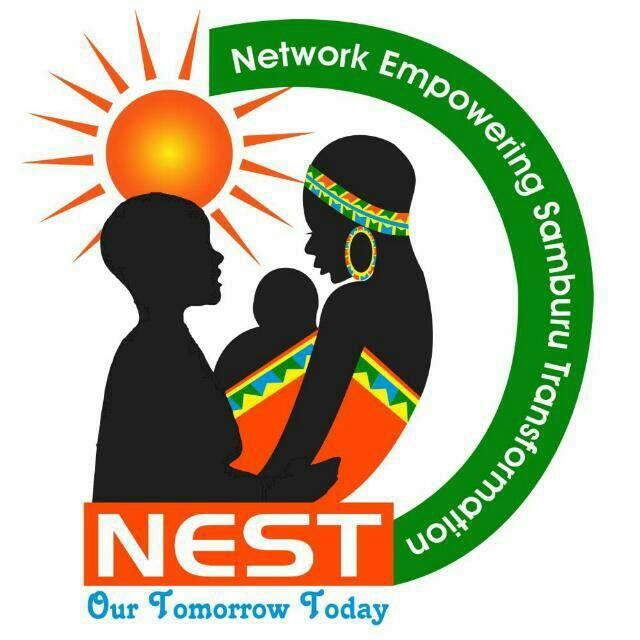
Voices of Samburu Shanga Girls
Click here to see the original post in Voice.Global site-
Project Duration
12 - 18 -
-
Lead organisation
Network Empowering Samburu Transformation (NEST)
-
Network Empowering Samburu Transform (NEST) is a youth-led Community Based Organisation (CBO) that bridges the gap between poverty and social empowerment in Samburu County by prioritising youth needs and demands to create an enabling environment for young people to realise their full potential. NEST employs a three-front focus in tackling the challenges and barriers to a decent livelihood by Samburu community specifically Youth, women, and children. Economic, Human Rights, Education, and health pillar fronts. The key focus areas are improving the livelihoods of the community, education, alternative income sources and health/food security.
NEST in partnership with other development partners has enabled realisation of increased children enrolment, retainment and completing A level education in Samburu county. The CBO has also witnessed the improvement of economically empowered communities through strengthening the existing sources of livelihoods.
-
Organisation
Network Empowering Samburu Transform (NEST) is a youth-led Community Based Organisation (CBO) that bridges the gap between poverty and social empowerment in Samburu County by prioritising youth needs and demands to create an enabling environment for young people to realise their full potential. NEST employs a three-front focus in tackling the challenges and barriers to a decent livelihood by Samburu community specifically Youth, women, and children. Economic, Human Rights, Education, and health pillar fronts. The key focus areas are improving the livelihoods of the community, education, alternative income sources and health/food security.
NEST in partnership with other development partners has enabled realisation of increased children enrolment, retainment and completing A level education in Samburu county. The CBO has also witnessed the improvement of economically empowered communities through strengthening the existing sources of livelihoods.
-
Project
Indigenous Young Married Samburu ‘Shanga’ Girls, face exclusion and are discriminated against since they are not considered youth either are they considered elderly women. The age crisis exposes these women to trauma; stigma and discrimination which further contribute to continuous exploitation. The Indigenous Young Married Samburu ‘Shanga’ Girls who are discriminated against by age undergo many challenges for first being women and secondly for their age crises/identity status on non- recognition as either youth or elderly women. Indigenous women also face triple marginalisation in their own communities.
The Voices of Samburu Shanga Girls project empowers Indigenous Young Married Samburu ‘Shanga’ Girls to be able to freely interact, socialise, own properties, be self-reliant and participate in decision-making processes. This allows them to make informed decisions and their consent sought on who they want to get married to, through facilitating processes that build their self-confidence and esteem, increase their access to health services, economic empowerment of the vulnerable indigenous young married Samburu ‘Shanga’ girls and create a friendly environment for them to freely express themselves and contribute to social interaction as a tool to address exclusion and discrimination.
-
-
Indigenous Young Married Samburu ‘Shanga’ Girls, face exclusion and are discriminated against since they are not considered youth either are they considered elderly women. The age crisis exposes these women to trauma; stigma and discrimination which further contribute to continuous exploitation. The Indigenous Young Married Samburu ‘Shanga’ Girls who are discriminated against by age undergo many challenges for first being women and secondly for their age crises/identity status on non- recognition as either youth or elderly women. Indigenous women also face triple marginalisation in their own communities.
The Voices of Samburu Shanga Girls project empowers Indigenous Young Married Samburu ‘Shanga’ Girls to be able to freely interact, socialise, own properties, be self-reliant and participate in decision-making processes. This allows them to make informed decisions and their consent sought on who they want to get married to, through facilitating processes that build their self-confidence and esteem, increase their access to health services, economic empowerment of the vulnerable indigenous young married Samburu ‘Shanga’ girls and create a friendly environment for them to freely express themselves and contribute to social interaction as a tool to address exclusion and discrimination.
